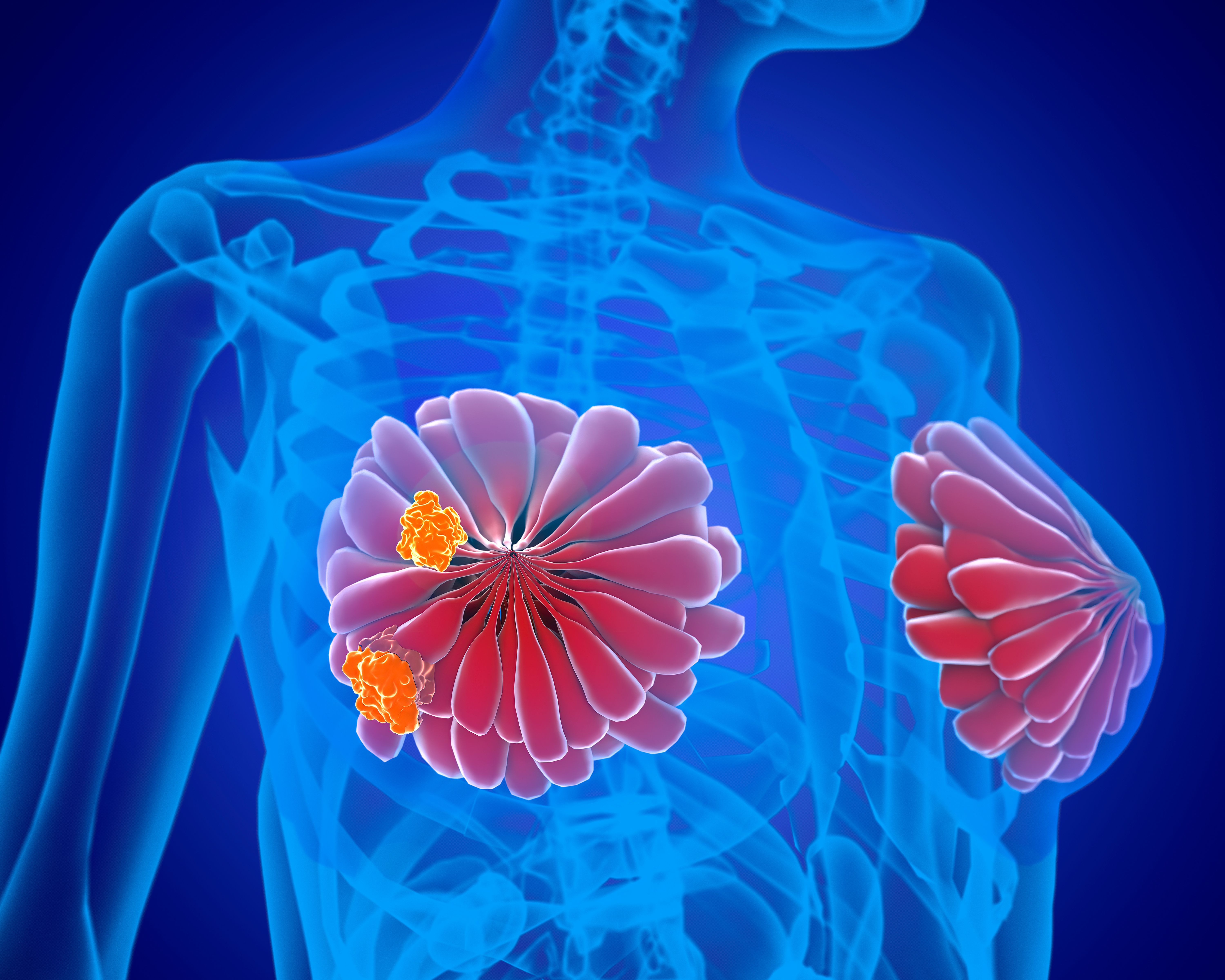- Center on Health Equity & Access
- Clinical
- Health Care Cost
- Health Care Delivery
- Insurance
- Policy
- Technology
- Value-Based Care
Trastuzumab Biosimilar Gets Go Ahead in EU for HER2+ Breast and Metastatic Gastric Cancers
EG12014, a biosimilar of the anti-HER2 monoclonal antibody trastuzumab, has received a marketing authorization from the European Commission for use in the European Union (EU) for the treatment of patients with HER2-positive (HER2+) breast and metastatic gastric cancer; these are the same indications that trastuzumab holds in the European Union.
This article was initially published by OncLive®. This version has been lightly edited.
EG12014, a biosimilar of the anti-HER2 monoclonal antibody trastuzumab (Herceptin, Genentech), has received a marketing authorization from the European Commission (EC) for use in the European Union (EU) for the treatment of patients with HER2-positive breast and metastatic gastric cancer; these are the same indications that trastuzumab holds in the European Union.1
Representation of breast cancer | Image Credit: Giovanni Cancemi - stock.adobe.com

EirGenix Inc, the manufacturer of EG12014, and its commercial partner Sandoz plan to commercialize intravenous (IV) EG12014 at a dose of 150 mg. Under a licensing agreement signed in April 2019, EirGenix will handle the development and manufacturing of trastuzumab and Sandoz will hold the rights to commercialize the medicine upon approval in the global market, outside of Taiwan, China, Russia, and other Asian countries.1
In May 2017, EirGenix announced that EG12014 met the primary end point of bioequivalence in a phase 1 study (NCT03180242) compared with trastuzumab sourced from the European Union and the United States.2
The double-blind, parallel group, 3-arm study enrolled 84 healthy male Caucasian patients and was conducted in Europe. Patients were 18 to 55 years of age and were required to be nonsmokers or ex-smokers, have a body mass index ranging from 18.5 to 30.0 kg/m2, and have a body weight of 105.0 kg or less. Patients were randomly assigned to receive EG12014, trastuzumab from the United States, or trastuzumab from the European Union, all of which were given via intravenous infusion at a single dose of 6 mg/kg over 90 minutes. The primary end point was area under the concentration/time curve; secondary end points were peak plasma concentration, adverse effects (AEs), and serum concentration half-life.3
In March 2021, EirGenix reported positive findings from a phase 3 study (NCT03433313) comparing the safety and efficacy of EG12014 vs trastuzumab in patients with early-stage HER2-positive breast cancer. This trial met its primary end point, demonstrating that treatment with EG12014 produced a similar pathological complete response (pCR) rate to that of trastuzumab. Additionally, the safety profile of the biosimilar was comparable to that of the reference drug.4,5
The multicenter, double-blind trial enrolled 807 female patients and randomly assigned them 1:1 to receive anthracycline/paclitaxel alongside either neoadjuvant EG12014 or trastuzumab. Anthracycline-based chemotherapy was administered once every 3 weeks during cycles 1 through 4. Patients were then treated with EG12014 or trastuzumab in combination with paclitaxel at ongoing doses of 6 mg/kg following an 8-mg/kg loading dose. This regimen was administered once every 3 weeks for 12 weeks during cycles 5 to 8.4,5
All patients were scheduled for tumor removal surgery 3 to 6 weeks after the completion of neoadjuvant treatment. Within 2 to 6 weeks after surgery, eligible patients received adjuvant EG12014 or trastuzumab for a maximum of 13 cycles, for 12 months of overall trastuzumab treatment. A long-term safety follow-up spanning 20 weeks was conducted after administration of the final dose.4
The primary end point was pCR at the time of surgery. Secondary end points included event-free survival, overall response rate, overall survival, AEs, and trastuzumab serum concentration.5
EG12014 150-mg lyophilized powder for injection also received market approval from the Taiwan Food and Drug Administration in June 2023. The National Health Insurance Administration under the Ministry of Health and Welfare approved the application of the health insurance pricing in September 2023, leading to the formal launch of EG12014 in Taiwan.1
References
- EirGenix's breast cancer biosimilar receives marketing authorization by EC. News release. PR Newswire. November 23, 2023. Accessed November 28, 2023. https://www.prnewswire.com/news-releases/eirgenixs-breast-cancer-biosimilar-receives-marketing-authorization-by-ec-301996431.html
- EirGenix scores phase I success for its leading biosimilar product EG12014. News release. BioSpace. May 2, 2017. Accessed November 28, 2023. https://www.biospace.com/article/releases/eirgenix-scores-phase-i-success-for-its-leading-biosimilar-product-eg12014-/
- A pharmacokinetic study comparing EG12014 and herceptin (trastuzumab) in healthy male volunteers. ClinicalTrials.gov. Updated June 8, 2017. Accessed November 28, 2023. https://www.clinicaltrials.gov/study/NCT03180242
- Positive phase III clinical results for EirGenix’s proposed trastuzumab biosimilar. News release. EirGenix. March 23, 2021. Accessed November 28, 2023. https://www.eirgenix.com/data-21276
- Efficacy and safety study of EG12014 compared with herceptin in subjects with HER2 positive early breast cancer. ClinicalTrials.gov. Updated January 20, 2023. Accessed November 28, 2023. https://www.clinicaltrials.gov/study/NCT03433313
